detail profile william squire
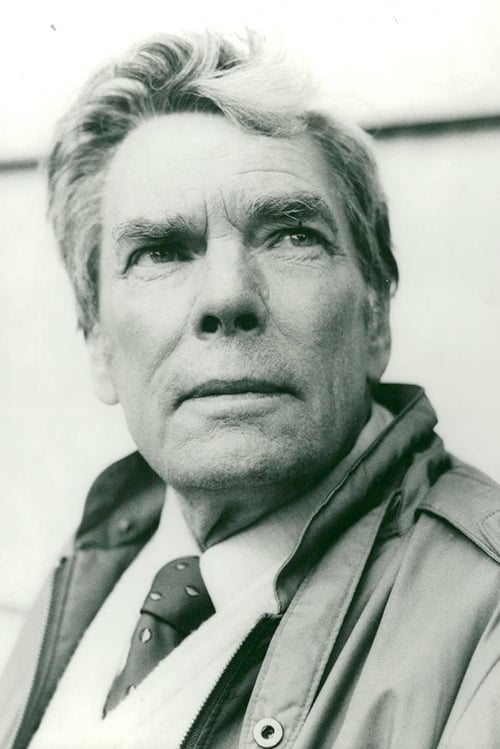
William Squire
William Arthur Squire
atau dikenal sebagai
Riwayat Hidup
William Squire (29 April 1917 – 3 May 1989) was a Welsh actor of stage, film and television.
Squire was born in Neath, South Wales, the son of William Squire and his wife Martha (née Bridgeman).
As a stage actor, Squire performed at Stratford-upon-Avon and at the Old Vic, and notably replaced his fellow-countryman Richard Burton as King Arthur in Camelot at the Majestic Theatre on Broadway.
One of his first film appearances was in the 1956 film Alexander the Great, which starred Burton in the title role.
His varied screen roles included Thomas More in the 1969 film version of Maxwell Anderson's play Anne of the Thousand Days, Sir Daniel Brackley in the 1972 television adaptation of Robert Louis Stevenson's The Black Arrow, the voice of Gandalf in the 1978 animated version of The Lord of the Rings and the Shadow in the 1979 Doctor Whoserial The Armageddon Factor.
Perhaps his best-known role was as Hunter, the superior of secret agent David Callan in the spy series Callan in the early 1970s; Squire took over the role from Derek Bond.
In a set of Encyclopædia Britannica-produced educational films about William Shakespeare's Macbeth, Squire played the role of Macbeth.
This was in keeping with his long career as a Shakespearean actor, which included roles in the classic 1960s TV series, An Age of Kings.
Info Pribadi
Peran Yang Di Mainkan William Squire
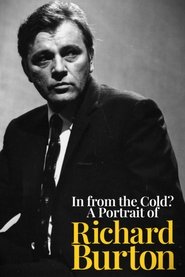 Tony Palmers awardwinning featurelength documentary profile...
Tony Palmers awardwinning featurelength documentary profile...In from the Cold? A Portrait of Richard Burton 1988
Tony Palmer's award-winning feature-length documentary profile of Richard Burton.
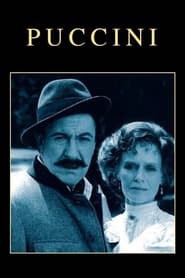 In Torre del Lago by Lake...
In Torre del Lago by Lake...Puccini 1984
In Torre del Lago, by Lake Massaciuccoli, Puccini is writing "The Girl of the Golden West" when his wife Elvira accuses him of a dalliance with their maid, Doria Manfredi, a young women from town. Although the maestro is frequently unfaithful, he denies the affair; Elvira insists she's right and publicly hounds Doria. Between scenes in this domestic drama that turns tragic, we watch a Scottish company rehearse and stage "Turandot," Puccini's last opera. The film finds parallels between the two stories and suggests that in the opera, Puccini expresses love for his wife and guilt in Doria's fate. Three local gentlemen provide a spoken chorus as Puccini's score plays throughout.
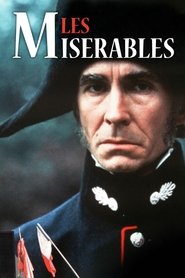 In 19th century France Jean Valjean...
In 19th century France Jean Valjean...Les Misérables 1978
In 19th century France, Jean Valjean, a man imprisoned for stealing bread, must flee a relentless policeman named Javert. The pursuit consumes both men's lives, and soon Valjean finds himself in the midst of the student revolutions in France.
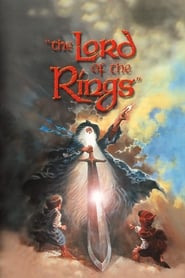 The Fellowship of the Ring embark...
The Fellowship of the Ring embark...The Lord of the Rings 1978
The Fellowship of the Ring embark on a journey to destroy the One Ring and end Sauron's reign over Middle-earth.
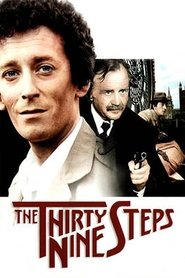 The year is 1914 and Richard Hannay...
The year is 1914 and Richard Hannay...The Thirty Nine Steps 1978
The year is 1914 and Richard Hannay, Mining Engineer who is visiting Britain for a short time before returning to South Africa, is shocked when one of his neighbours, Colonel Scudder, bursts into his rooms one night and tells him a story that Prussian 'sleeper' agents are planning to pre-start World War I by murdering a visiting foreign minister. However, Scudder is murdered and Hannay is framed for the death by the 'sleepers'. Fleeing to Scotland Hannay attempts to clear his name and to stop the agents with the aid of Alex Mackenzie but not only is he is chased by Chief Supt Lomas for Scudder's death but by the agents who are headed by Appleton who has managed to hide himself in a high-placed position in the British Government...
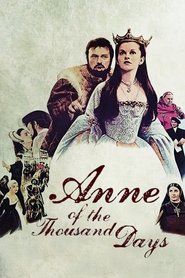 Henry VIII of England discards his...
Henry VIII of England discards his...Anne of the Thousand Days 1969
Henry VIII of England discards his wife, Katharine of Aragon, who has failed to produce a male heir, in favor of the young and beautiful Anne Boleyn.
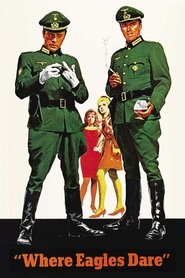 World War II is raging and...
World War II is raging and...Where Eagles Dare 1968
World War II is raging, and an American general has been captured and is being held hostage in the Schloss Adler, a Bavarian castle that's nearly impossible to breach. It's up to a group of skilled Allied soldiers to liberate the general before it's too late.
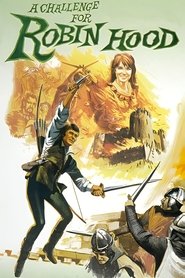 After being falsely accused of murder...
After being falsely accused of murder...A Challenge for Robin Hood 1967
After being falsely accused of murder, Sir Robin of Loxley takes refuge in the untamed wilderness of Sherwood Forest where he stumbles across a group of outlaws. Although initially suspicious of the aristocrat's motives, the men are soon won over by his integrity and prowess and Robin transforms them into a formidable fighting force, stealing from the rich and giving to the poor. As word of his fame and valour spreads, a legend is born.
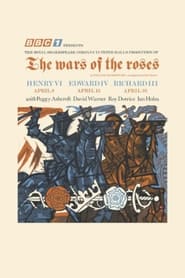 A 1965 BBC adaptation of William Shakespeares...
A 1965 BBC adaptation of William Shakespeares...The Wars of the Roses 1965
A 1965 BBC adaptation of William Shakespeare's first historical tetralogy (1 Henry VI, 2 Henry VI, 3 Henry VI and Richard III), which deals with the conflict between the House of Lancaster and the House of York over the throne of England, a conflict known as the Wars of the Roses. It was based on the 1963 theatre adaptation by John Barton, and directed by Peter Hall for the Royal Shakespeare Company.
 A British Corporal in France finds...
A British Corporal in France finds...Dunkirk 1958
A British Corporal in France finds himself responsible for the lives of his men when their officer is killed. He has to get them back to Britain somehow. Meanwhile, British civilians are being dragged into the war with Operation Dynamo, the scheme to get the French and British forces back from the Dunkirk beaches. Some come forward to help, others were less willing.
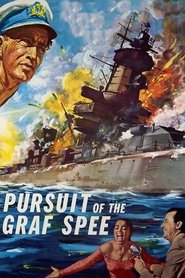 In the early years of the...
In the early years of the...The Battle of the River Plate 1956
In the early years of the World War II, the Royal Navy is fighting a desperate battle to keep the Atlantic convoy routes open to supply the British Isles, facing the great danger posed by the many German warships, such as the Admiral Graf Spee, which are scouring the ocean for cargo ships to sink.
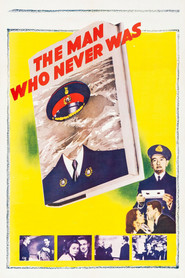 The true story of a British...
The true story of a British...The Man Who Never Was 1956
The true story of a British effort to trick the Germans into weakening Sicily's defenses before the 1943 attack. A dead soldier is dressed as a British officer and outfitted with faked papers showing that the Allies were intending to invade occupied Greece. His body is put into the sea where it will ultimately drift ashore and the papers be passed along to German Intelligence.
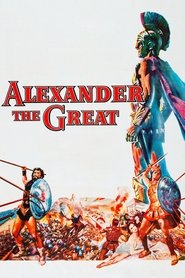 An engrossing spectacle set in the 4...
An engrossing spectacle set in the 4...Alexander the Great 1956
An engrossing spectacle set in the 4th-century BC, in which Alexander of Greece leads his troops forth, conquering all of the known world, in the belief that the Greek way of thinking will bring enlightenment to people. The son of the barbaric and ruthless King Philip of Macedonia, Alexander achieved glory in his short but remarkable life.
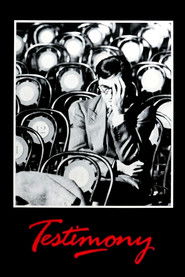 The story of the great Soviet...
The story of the great Soviet...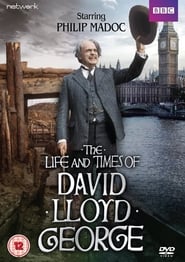 The Life and Times of David...
The Life and Times of David...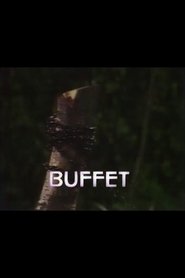 A quick drink in the buffet...
A quick drink in the buffet...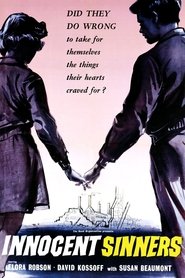 A neglected girl in postWorld War...
A neglected girl in postWorld War...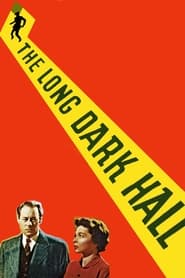 A devoted family man tries to...
A devoted family man tries to...